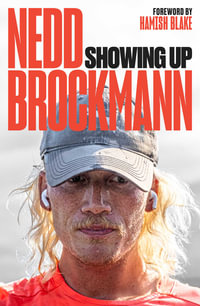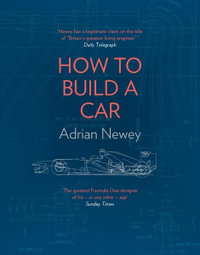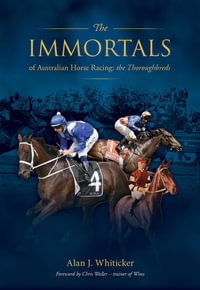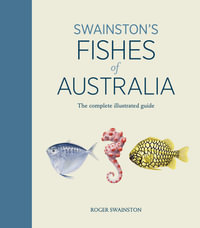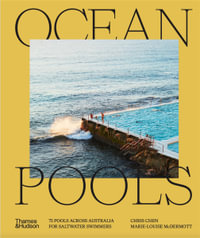What can the history of a nation's football reveal about that nation's wider political and socio-cultural identity? How can the study of local football culture help us to understand the powerful international forces at play within the modern game?
Based on long-term and detailed ethnographic research, this book uses Malta as a critical case study to explore the dynamics of contemporary football. Situated on the fringes of the EU, and with an appalling record in international competition, the Maltese are nevertheless fanatical about the game. This book examines Maltese football in the context of the island's unique politics, culture and national identity, shedding light upon both Maltese society and on broader processes, both local and global, within the international game. The book explores a range of key issues in contemporary football, such as:
the dynamics of international player migration
football corruption and ethics
the politics of sponsorship and TV deals
the global appeal of footballing "brands" such as Manchester United, Juventus and Bayern Munich.
This book is essential reading for students and researchers working in Sports Studies, Sociology of Sport, Football, Globalisation, Politics and Ethnic Studies.
Industry Reviews
"a well-written, extensive, rich and history-wise ethnography" -- Stephen van Wolputte, Katholieke Universiteit Leuven
"an alternative guide book [to Malta], not least for its excellent historical section on the country's overall development."-- Torbjorn Anderson, Department of Sport Sciences, Malmo University.
"Their national teams' records are abysmal in international competition, but the citizens of Malta are nevertheless amongst the most devoted fans of football (soccer). Armstrong (sociology, Brunel U.) and Mitchell (social anthropology, U. of Sussex) examine this phenomenon and how it relates to the dynamics of contemporary football and the powerful forces behind the game. They examine Maltese football and its place within the nation's particular politics, culture and identity, as well as the place of Malta within European sport and its corruption and ethics, its commercial politics, and its explanation of what it is to be a national and European citizen. They explain team selection, the process of producing difference between teams (nations), the patronage and party systems, the elements of faith and ritual, the economics of the sport, migration of players, foreign fan clubs, and the ethics of it all." -- Book News Inc., August 2008











